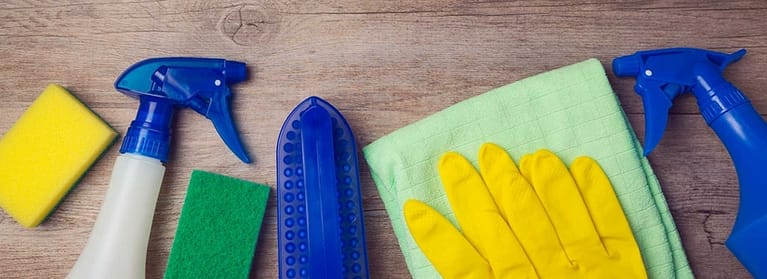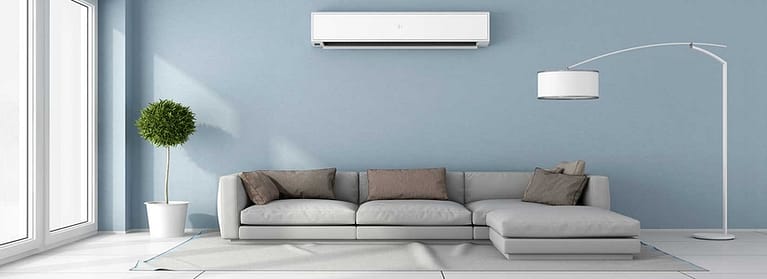- May 26, 2018
Alright, this is part two of our culmination of all of our HVAC advice. Today we will go over more ways to save on your energy bills, how to keep you home most comfortable, problems that humidity can bring, how to angle your house when you are building, and how to plan for your year with your HVAC unit. A combination of our best HVAC advice, today’s article will help you prepare for the future and save big bucks, so take notes, and get ready for our HVAC advice, part 2!
We are going to start off with one of the most fun pieces of HVAC advice, making your home smarter. Energy bills suck, but some smart thermostats help keep them low. Smart thermostats, such as Nest’s systems. Can keep your temperature cycles at the most efficient setting. These thermostats can learn your schedules and adjust the heating and cooling so that way when you’re out of your home, they do not run at maximum heating or cooling. This can save you so much energy, as the air is being wasted normally on an empty house. These thermostats can learn your preferences at night too, saving you from letting the extra cold or warm air run through the morning. Perhaps the greatest advantage of this HVAC advice is that the thermostats can learn your seasonal preferences. These can seamlessly turn from keeping a house an appropriate temperature for efficiency in both hot and cold months. This HVAC advice takes out the chance of human error as well, so although the upfront cost is not small, it does see a return in value very quickly. Making your smart home work for your HVAC is a fun and easy piece of HVAC advice that can see great returns on energy bills, and ooh and ah’s from neighbors and friends.
This next piece of HVAC advice is very important to do right, and to keep an eye on. Balancing your home’s humidity is critical to the quality of life within your home. A good balance is necessary though, as too much humidity can be bad for your home and vents. A home that is too humid can have mold and mildew growing in its vents. This can spread harmful spores all across your house. Too little humidity can be just as bad though, causing dryness, irritation, and making children and older denizens susceptible to infections. It is important to find the perfect balance for your home, and take into account outside factors, such as your heating methods, and the weather outside. If the area you live in is naturally humid, like Greenville South Carolina during the summer months, then it might be worth it to invest in a dehumidifier to prevent mold and mildew. Electric heaters also like to draw moisture from the air, so our HVAC advice would be to balance this out with a humidifier in your home. Gas heaters are the best at maintaining the moisture of your home. The most important part of this HVAC advice is to find what best suits you. Without going in the extremes of either direction, experiment and find a perfect balance.
This piece of HVAC advice is a little niche, but is very helpful if you fil this small category! If you are building a home, you can plan the construction of your house to best benefit your HVAC unit. If you build a house with major window features facing the rising and setting sun, you can drastically reduce your heating costs in the winter. Pair this with trees surrounding these windows, and you can also help keep your house cool during the summer. Here’s how this HVAC advice works, if your house is facing east and west, your house will heat up during the beginning parts of the day, giving your heater and HVAC unit a little boost. Since this piece of HVAC advice helps your HVAC start up, not only does it reduce your energy bills, but it also will extend the life of your HVAC unit. Then, when your trees have grown in the summer, their leaves should help block the sun’s punishing rays. This will keep your house in the cover of shade during the hours of the day when it would be filling your windows with light. This won’t cool your house down, but it will keep your HVAC unit from compensating for both the heat of the house, as well as the sun’s influence.
This piece of HVAC advice is something most people overlook – planning for your year with your HVAC. We will break it down by season
- Spring
- This is an important season to keep an eye on your filters. With allergens in the air, it is important to change regularly if you want to have your windows open. This is so you do not recirculate these allergens in your air after your filter has filled up. Also, spring cleaning! Check your units and make sure your outdoor unit is clear for the summer.
- Summer –
- This is a good time to get your HVAC units checked, especially your outdoor unit. If you schedule it before peak times (when it’s the hottest, and most failures happen) you can stay ahead of the curve and the surge in demand pricing. Since summers see the most tax on your outdoor HVAC unit, it is our HVAC advice to make sure everything is in tip top shape.
- Fall –
- Clean your gutters! It has nothing to do with our HVAC advice, it’s just generally good advice
- Start getting used to lower temperatures, maybe go down to 68
- Keep an eye on fluctuating temperatures, keeping your thermostat way down may cost you money if a sudden heat wave comes through.
- Winter
- Before the real cold sets in, our piece of HVAC advice is similar to the summer one, get your heater checked on.
- Get some blankets and try to lessen the tole on your HVAC unit
- Maintain good humidity levels, the cold likes to sap the moisture out of the air
- Keep and eye for insulation leaks. Go around your home and lock all the windows to best insulate them, and look for rooms that get colder than others. Check corners, garages, and attics for any weakness in your insulation, and consider getting them filled to give you HVAC unit a break.






